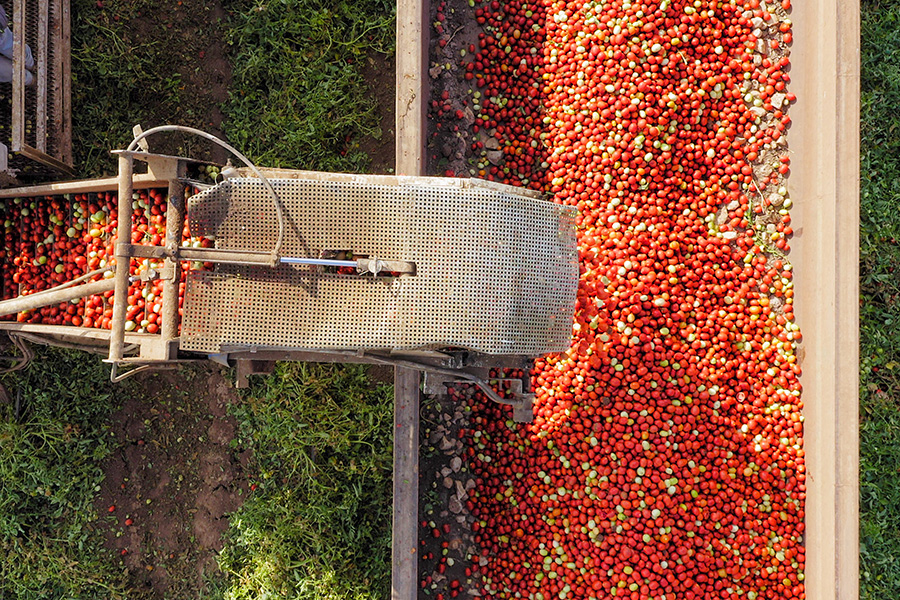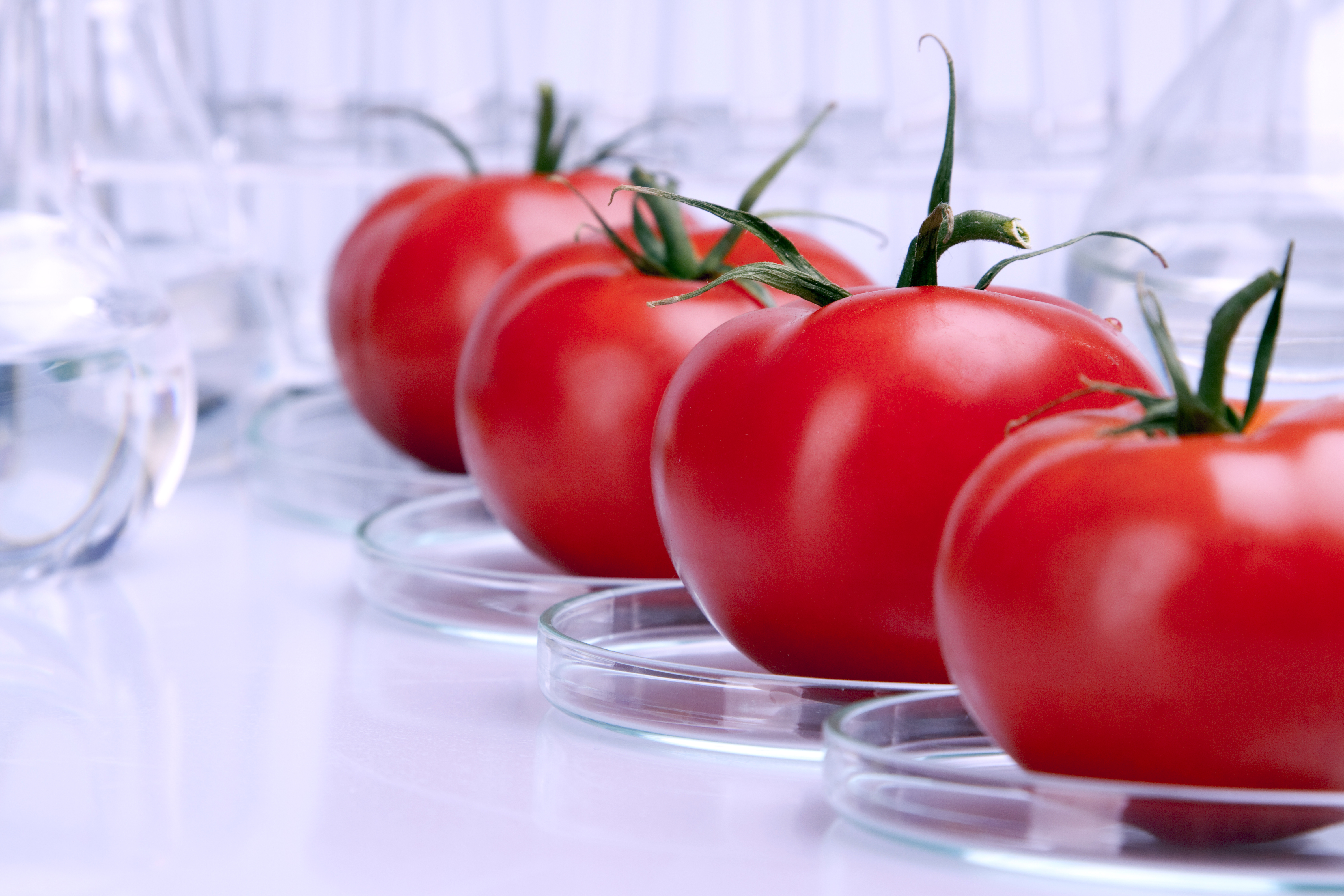
New trends in Industrial Tomato Processing
At CFT, innovation is not just about technology: it is a core value that spans decades of industrial evolution, built on the trust of major partners and a constant ability to embrace change.
Among the many stories that have shaped who we are today, one stands out as a true representation of our industrial DNA: our 80-year-long relationship with industrial tomato processing. A simple ingredient, yet one capable of driving deep transformations in food mechanics and global food processing.
1955: The Birth of a New Era in Industrial Tomato Processing
The 1950s marked a turning point in the food industry. Faced with growing demand for preserved, high-quality products, companies began searching for advanced processing solutions.
At that time, Heinz, one of the global leaders in tomato paste production, sought to enhance its manufacturing performance. The company turned to Rossi & Catelli, the predecessor of CFT, to develop a groundbreaking system for industrial tomato processing.
The result was the Anteo evaporator, the first-ever continuous double-effect concentration system. This technological milestone revolutionized industrial tomato processing, outperforming traditional boiling evaporators with higher efficiency and consistent product quality.
Within just two years, the system was installed and successfully tested. The innovation earned Camillo Catelli formal recognition from Heinz in London.
From 1958 to 1965, dozens of Anteo systems were exported across Europe and the United States, becoming a technological benchmark, especially in California’s Central Valley, a hub for large-scale industrial tomato farming.
What began as a technical collaboration evolved into a strategic partnership that shaped the future of industrial tomato processing.
From Field to Factory: The Genetic Future of Industrial Tomato Processing
Today, innovation in industrial tomato processing goes beyond equipment. Genetic research into processing tomato varieties is reshaping the entire supply chain and influencing how processing technologies are developed.
A recent study featured in Tomato News explored the genetic traits that define the quality of tomatoes used in industrial applications, focusing on characteristics such as:
- Pulp color and intensity
- Fruit firmness
- Soluble solids content
- Resistance to mechanical stress
- Acidity and microbiological stability
These traits don’t just affect farming, they play a crucial role in the efficiency and output of tomato processing plants.
For instance, denser pulp allows for faster, more efficient concentration, while tougher fruits minimize waste and breakage during transport and sorting.
At CFT, we track these developments closely. They help us design advanced, high-performance systems that align with the new genetic profiles of industrial tomatoes—making industrial tomato processing more sustainable, adaptable, and efficient.

Heinz and Market Evolution: From Concentrates to Clean Label
While genetics influence the raw material, consumers continue to shape the final product. Recent years have seen a shift in food industry priorities, with demand rising for healthier, more transparent, and clean-label products.
Once again, Heinz has proven to be a pioneer:
- Launching Zero Sugar Ketchup to meet growing health-conscious demands
- Reformulating all U.S. recipes to eliminate artificial colorants
These changes have a direct impact on industrial tomato processing systems.
For example, removing artificial colorants makes it critical to preserve the tomato’s natural color. This requires precise control over temperature, processing time, and color extraction techniques.
CFT meets these challenges with modular, flexible tomato processing solutions, designed to adapt to new recipes, ingredients, and stringent food safety regulations.
From the intake of fresh tomatoes to the packaging of the final product, our systems ensure consistency, safety, and full compliance with evolving market standards.
CFT and Tomato Processing: An 80-Year Relationship
Since the launch of our first evaporator in the 1950s, our role in industrial tomato processing has grown from machine design to comprehensive system integration.
Today, we offer turnkey solutions for industrial tomato processing, backed by deep market insight, global presence, and long-term client partnerships.
Our complete lines include:
- Tomato receiving and sorting
- Juice extraction, enzymatic inactivation, and evaporation
- Sauce, puree, and ketchup preparation and cooking
- Thermal treatment (pasteurization and sterilization)
- Filling, packaging, and full line automation
Every system is custom-designed to emphasize:
- Energy efficiency and water savings
- Reduced consumption and minimal waste
- Digital monitoring of key process parameters
- Predictive maintenance and remote support
With these technologies, CFT brings industrial tomato processing into the digital age, helping producers boost productivity, ensure quality, and achieve long-term sustainability.